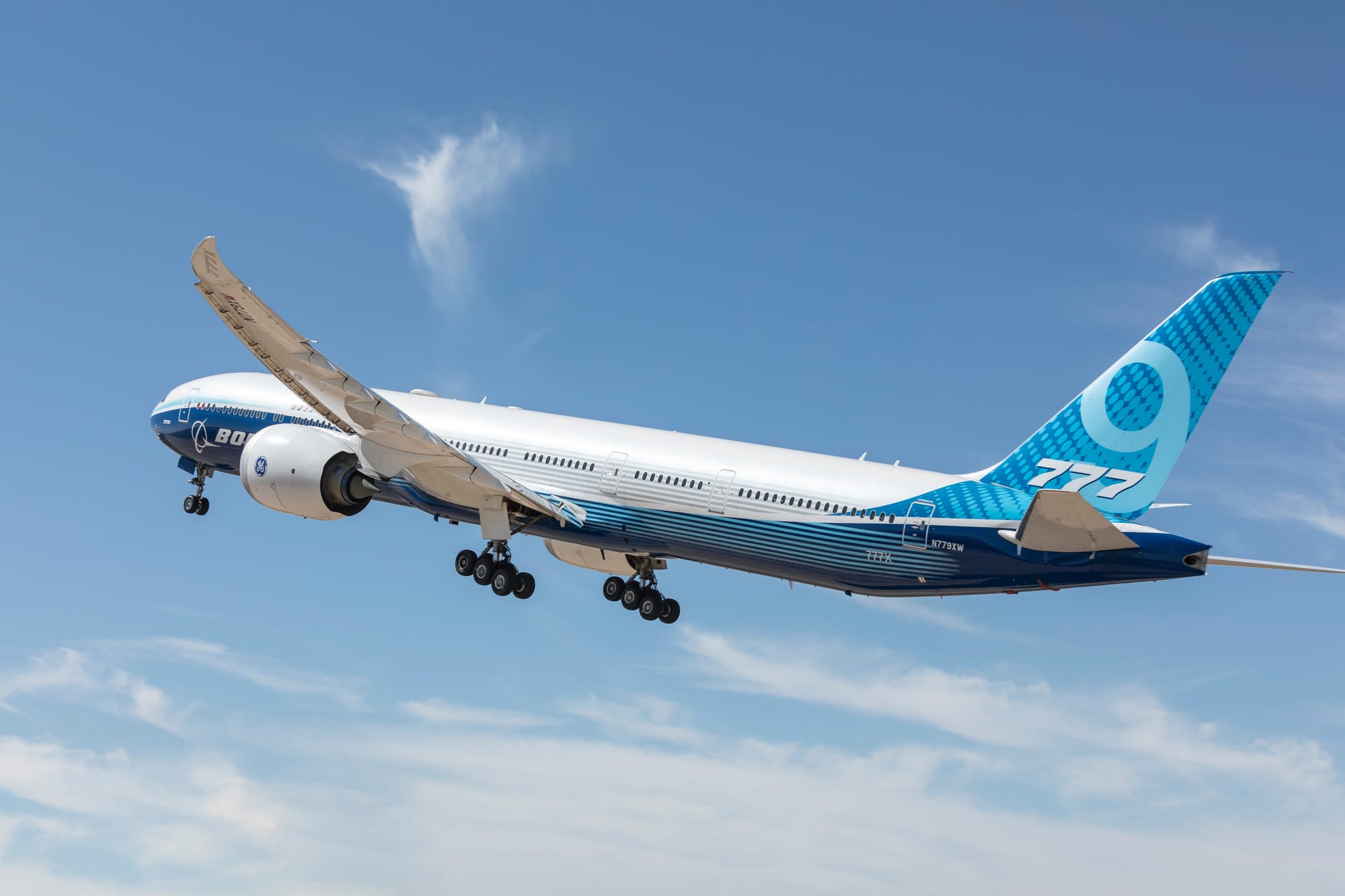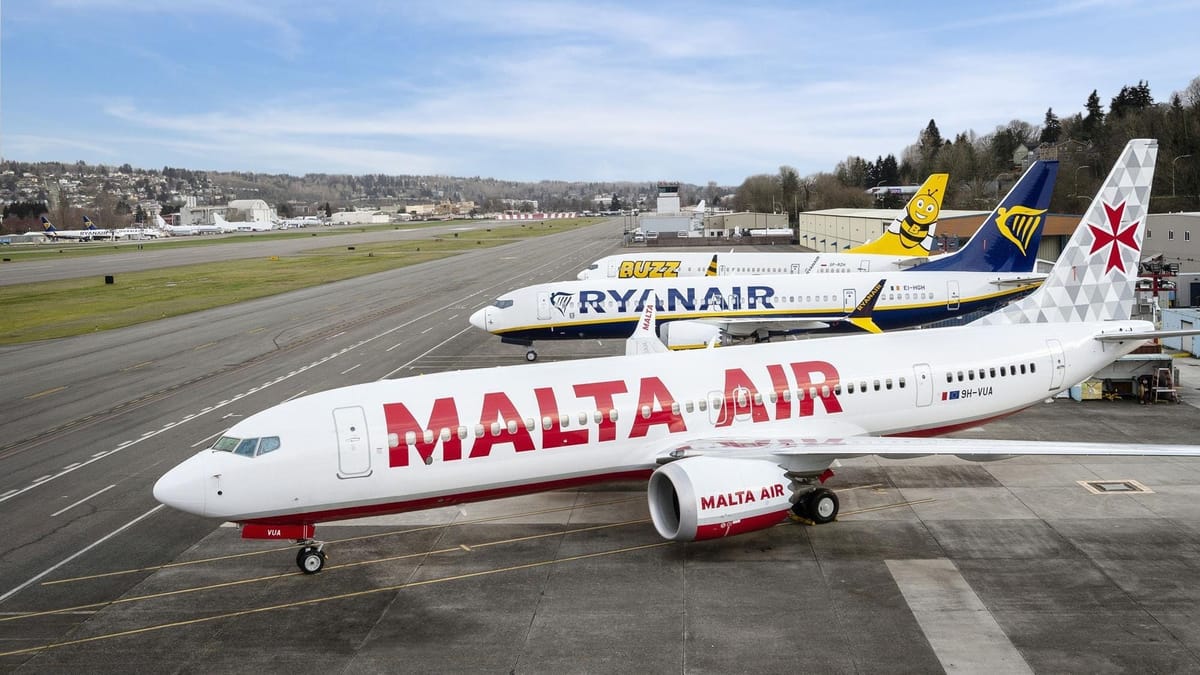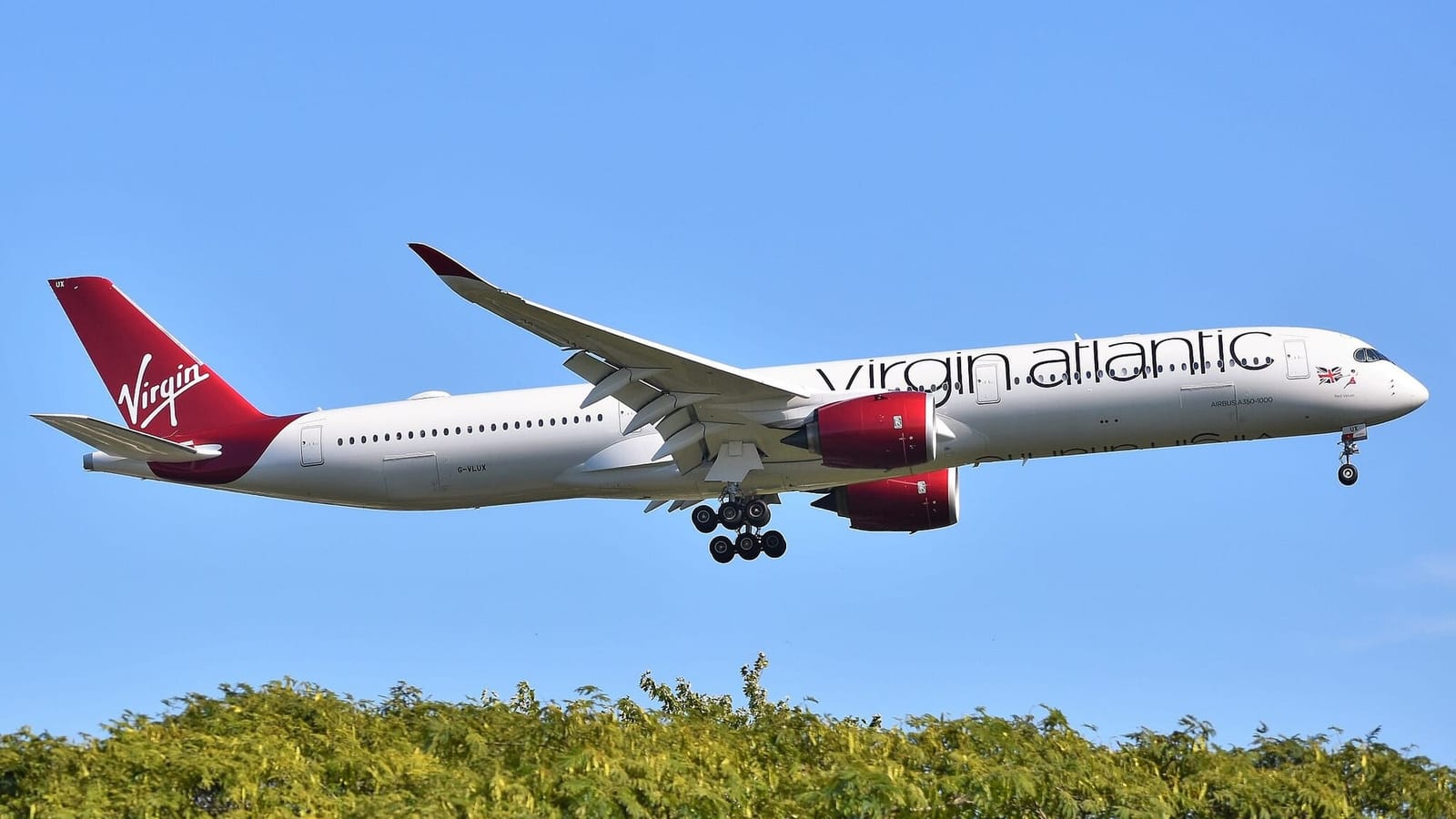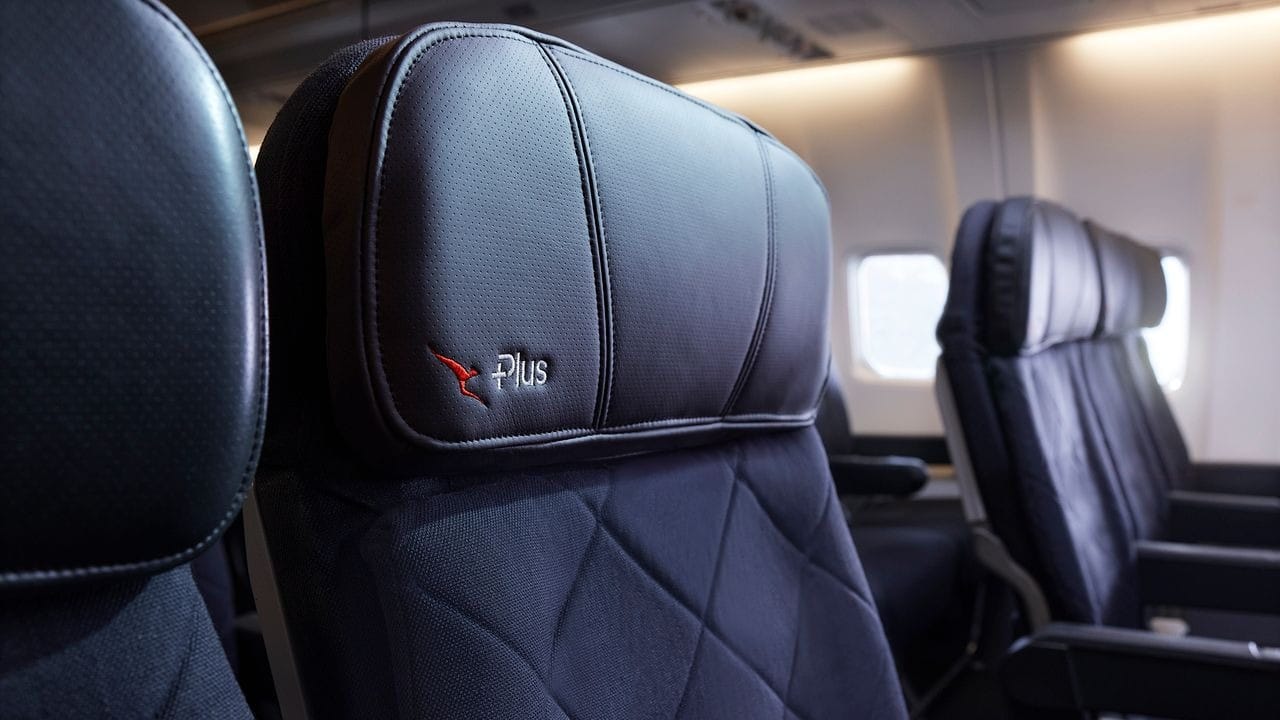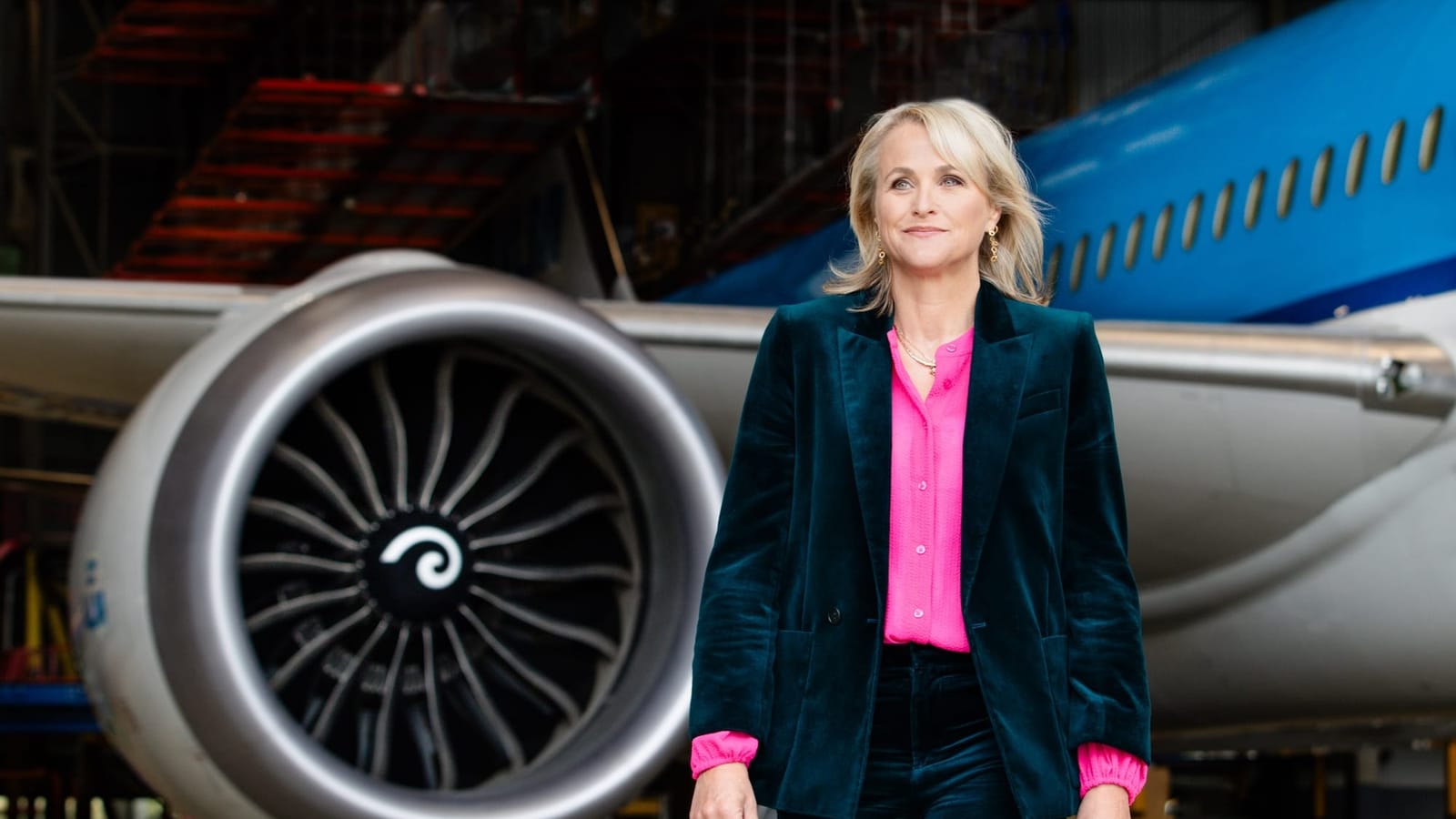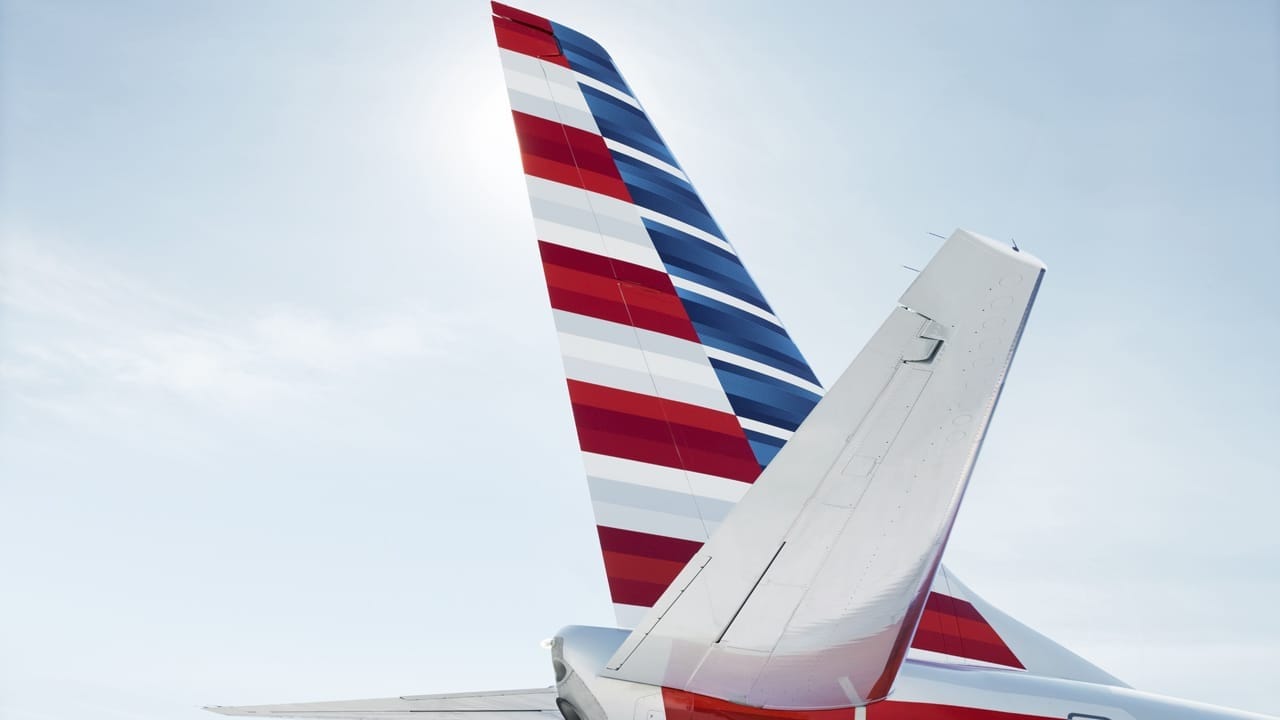Boeing has presented its Q3 2025 financial results, indicating that while it has returned to positive free cash flow (FCF), the planemaker had to take a $4.9 billion pre-tax hit due to the 777-9’s entry-into-service (EIS) slipping into 2027.
On October 29, 2025, Boeing unveiled its quarterly financial results, showcasing improvements across the board. Its quarterly revenues climbed to $23.2 billion, a 30% improvement year-on-year (YoY), with the company’s net loss improving from $6.1 billion to $5.3 billion.
A very positive sign for the company was that its FCF was now positive, and it generated $238 million of positive cash flow during the quarter, compared to -$1.9 billion FCF during the same quarter a year prior. However, Boeing’s consolidated debt increased slightly to $54.4 billion, with interest and debt expenses being $694 million in Q3.
Another shadow that has lingered over Virginia and/or Seattle was the 777-9. “During the quarter, the company updated its assessment of the 777-9 certification timeline and now anticipates first delivery in 2027,” the manufacturer said, adding that the delay, which was previously hinted at by Kelly Ortberg, the President and Chief Executive Officer (CEO) of Boeing, resulted in a pre-tax charge of $4.9 billion.
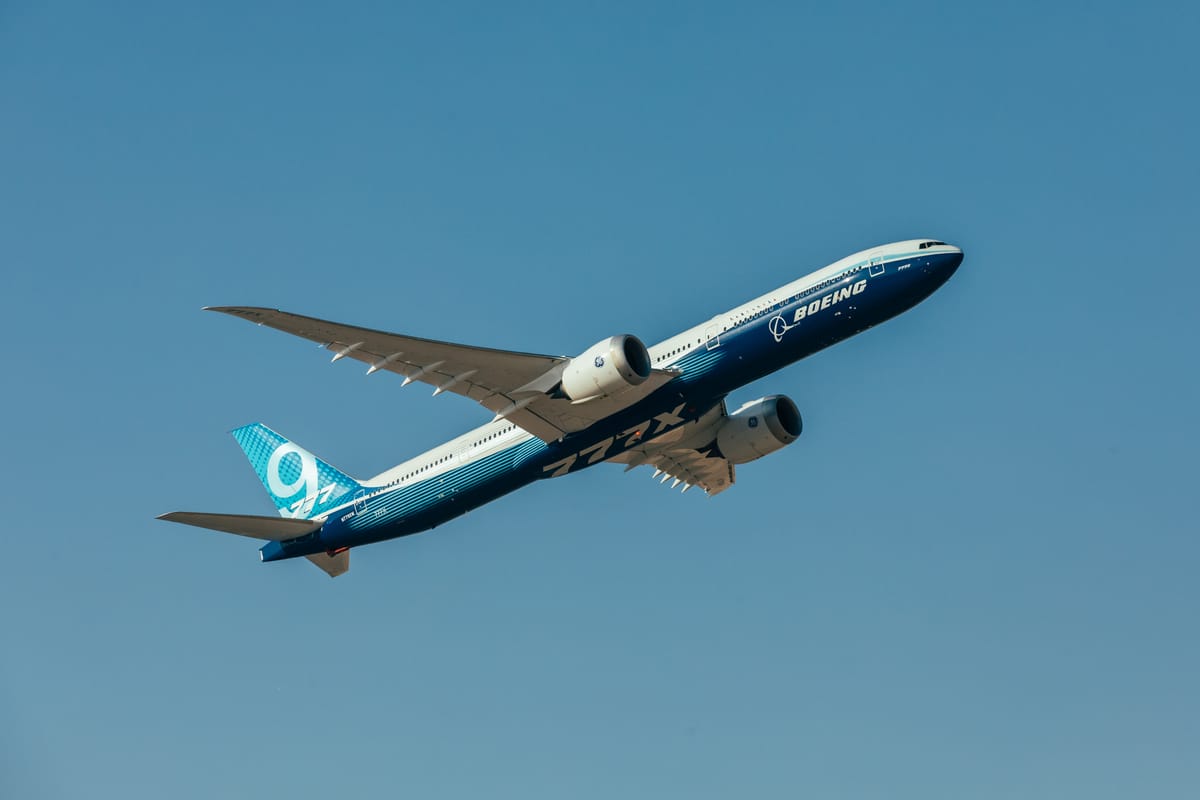
Before this quarter’s charge, Boeing had booked $10.7 billion of abnormal production costs and rech-forward losses associated with the 777-9, which will now be delayed by seven years after Boeing had initially promised to deliver the first 777-9 in 2020.
Still, Ortberg said that the company achieved important recovery milestones during the quarter, including the positive FCF and the Federal Aviation Administration’s (FAA) approval – which happened in October – to increase the monthly production rate of the 737 MAX from 38 to 42.
Another milestone – which also occurred in October – that Boeing did not mention was the European Commission’s (EC) approval of its acquisition of Spirit AeroSystems.
“While we are disappointed in the 777X schedule delay, the airplane continues to perform well in flight testing, and we remain focused on the work ahead to complete our development programs and stabilize our operations in order to fully recover our company's performance and restore trust with all of our stakeholders.”
After improving its quarterly aircraft deliveries to 160, Boeing Commercial Airplanes’ (BCA) revenue climbed to $11.09 billion, compared to $7.4 billion in Q3 2024, when the manufacturer handed over 116 jets, while the operating loss was $5.3 billion. Q3 2024’s operating loss was $4 billion, with the division suffering from the 777-9 delay and the associated pre-tax charge.
Boeing highlighted that following the quarter’s 161 net orders, including large purchases by Turkish Airlines and Norwegian Air, its backlog now stood at over 5,900 aircraft and is valued at $535 billion.
Its fellow duopoly member, Airbus, is scheduled to present its Q3 results later today.


